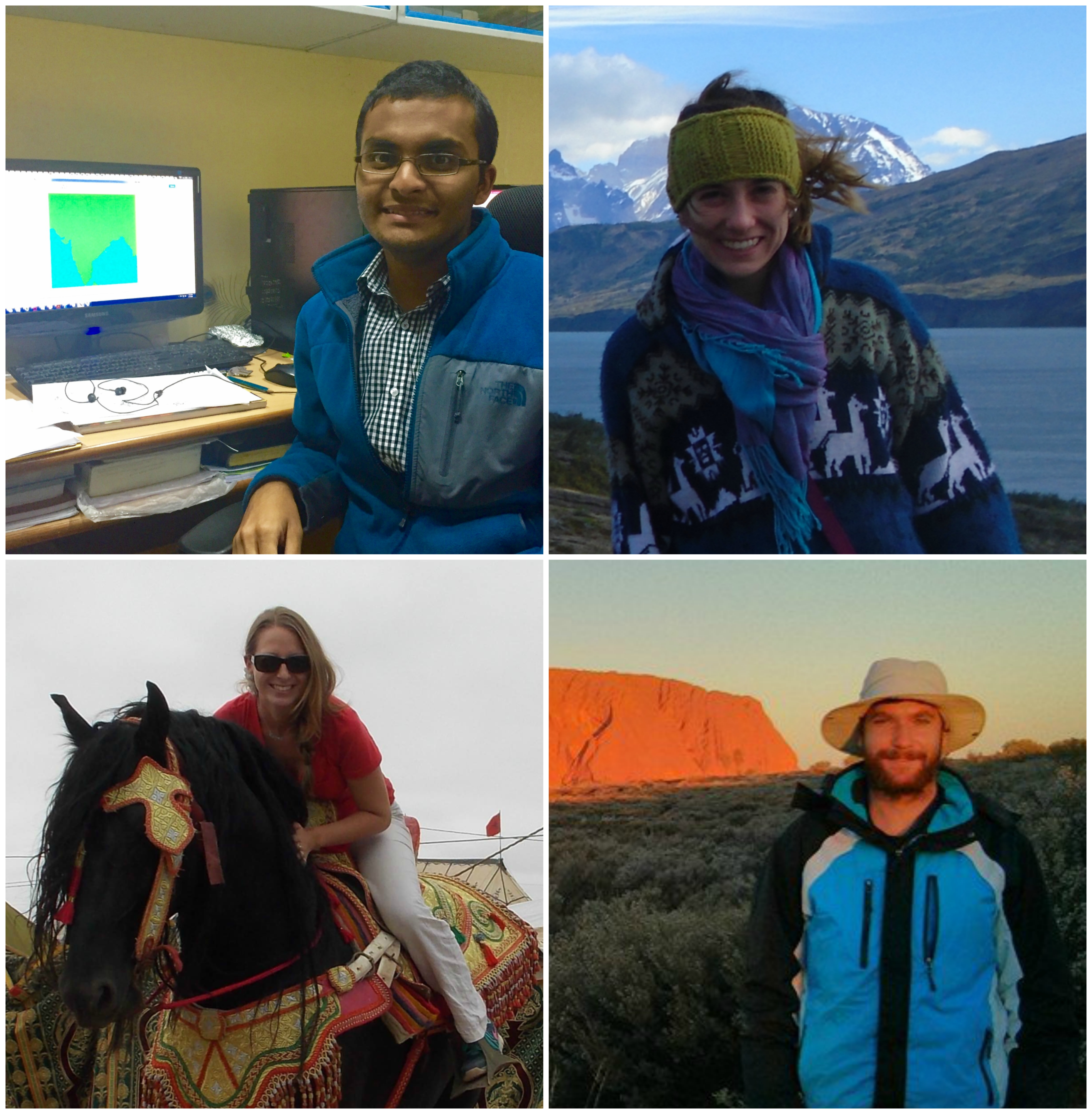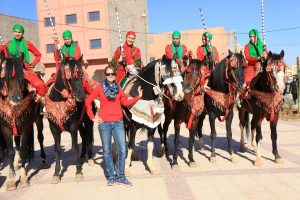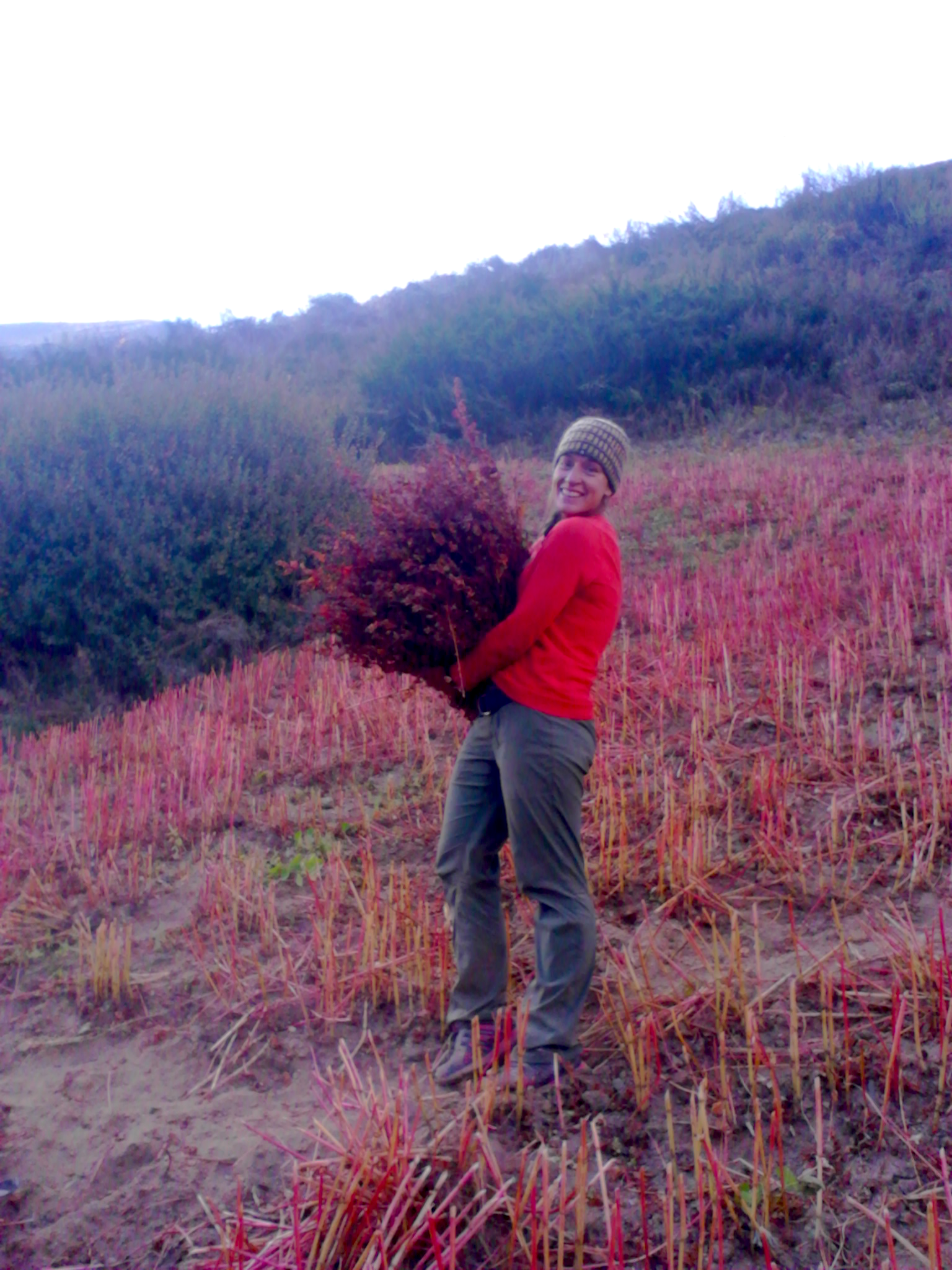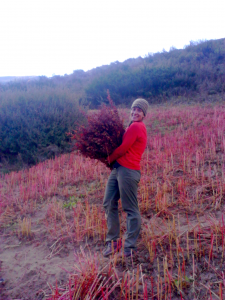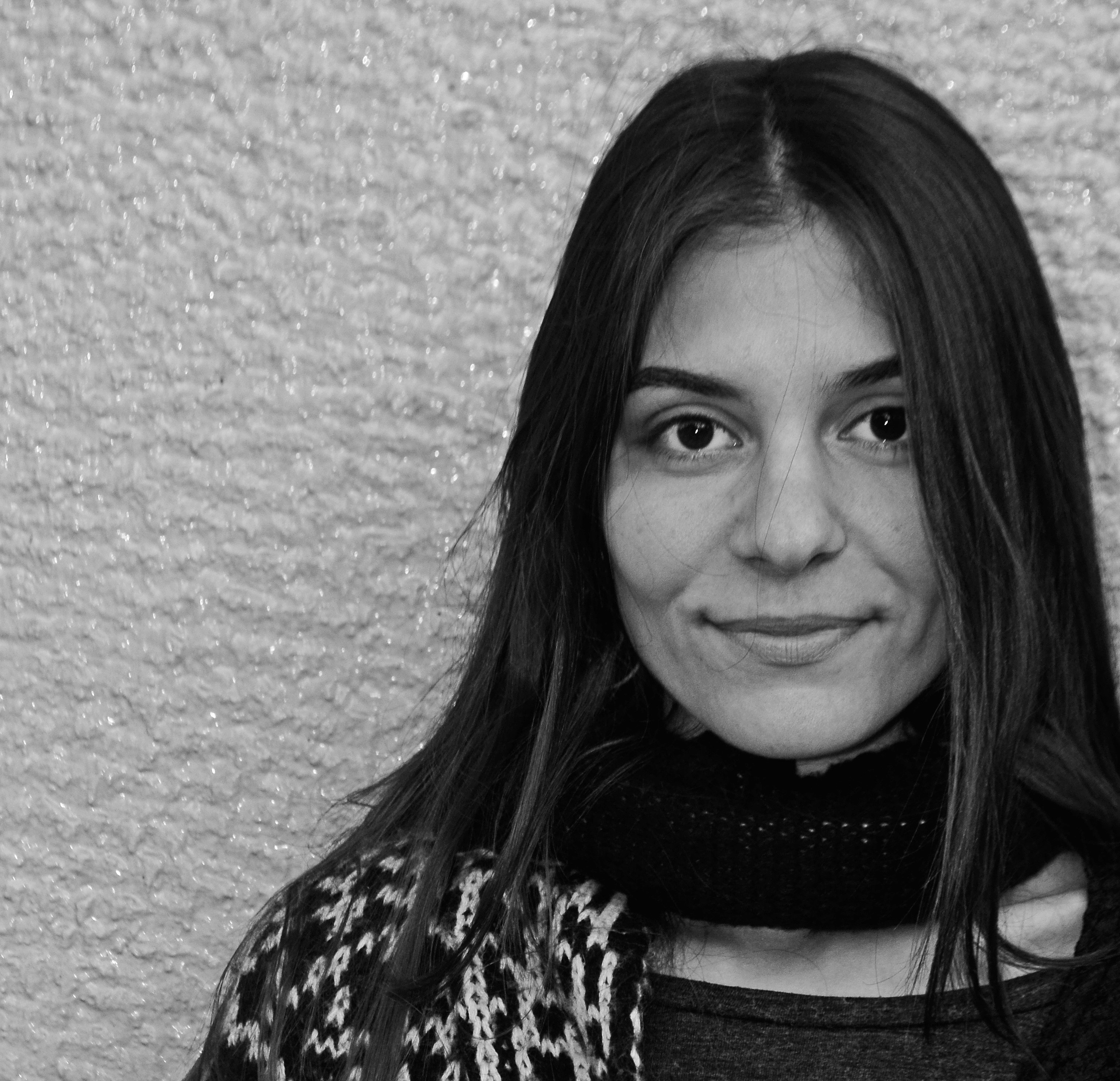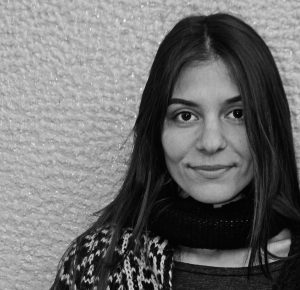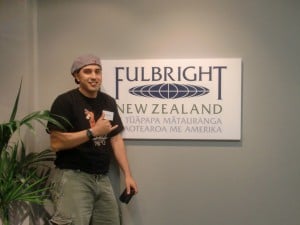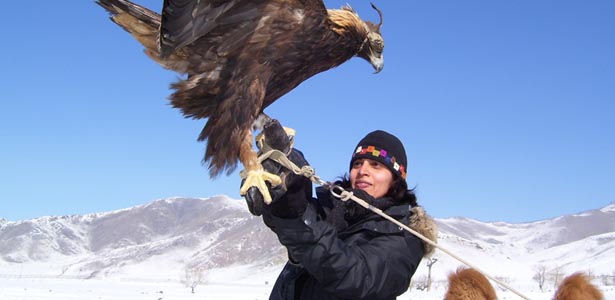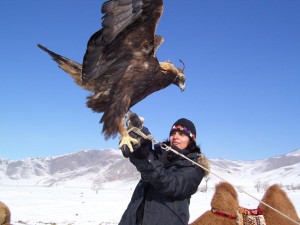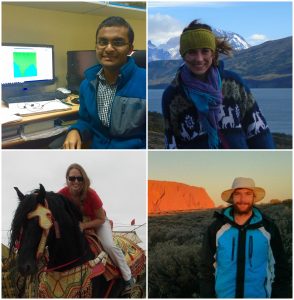
Clockwise from left: Shayak Sengupta, 2015-2016, India, Emily Yedinak, 2013-2014, Chile, Yuriy Veytskin, 2013-2014, Australia, and Gwyneth Talley, 2015-2015, Morocco
On-Campus interview season is coming up! This can be a nerve-wracking time for those of you applying to the Fulbright U.S. Student Program through your college or university. Try not to worry, though – the interview is a way to add a “face” to your Fulbright application and get helpful feedback.
You’ll hit submit on the Embark Online Application before your campus deadline, your on-campus Fulbright Program Adviser (FPA) will schedule an on-campus interview, and you will then have the chance to explain and defend your project. This interview is an additional element to your application when your campus committee rates and recommends you. After the interview, your FPA will re-open your application, allowing you to adjust it before the final national deadline. As Fulbright U.S. Student Alumni Ambassadors, we’ve been through this process before and have created a Q & A about campus interviews to help you prepare.

